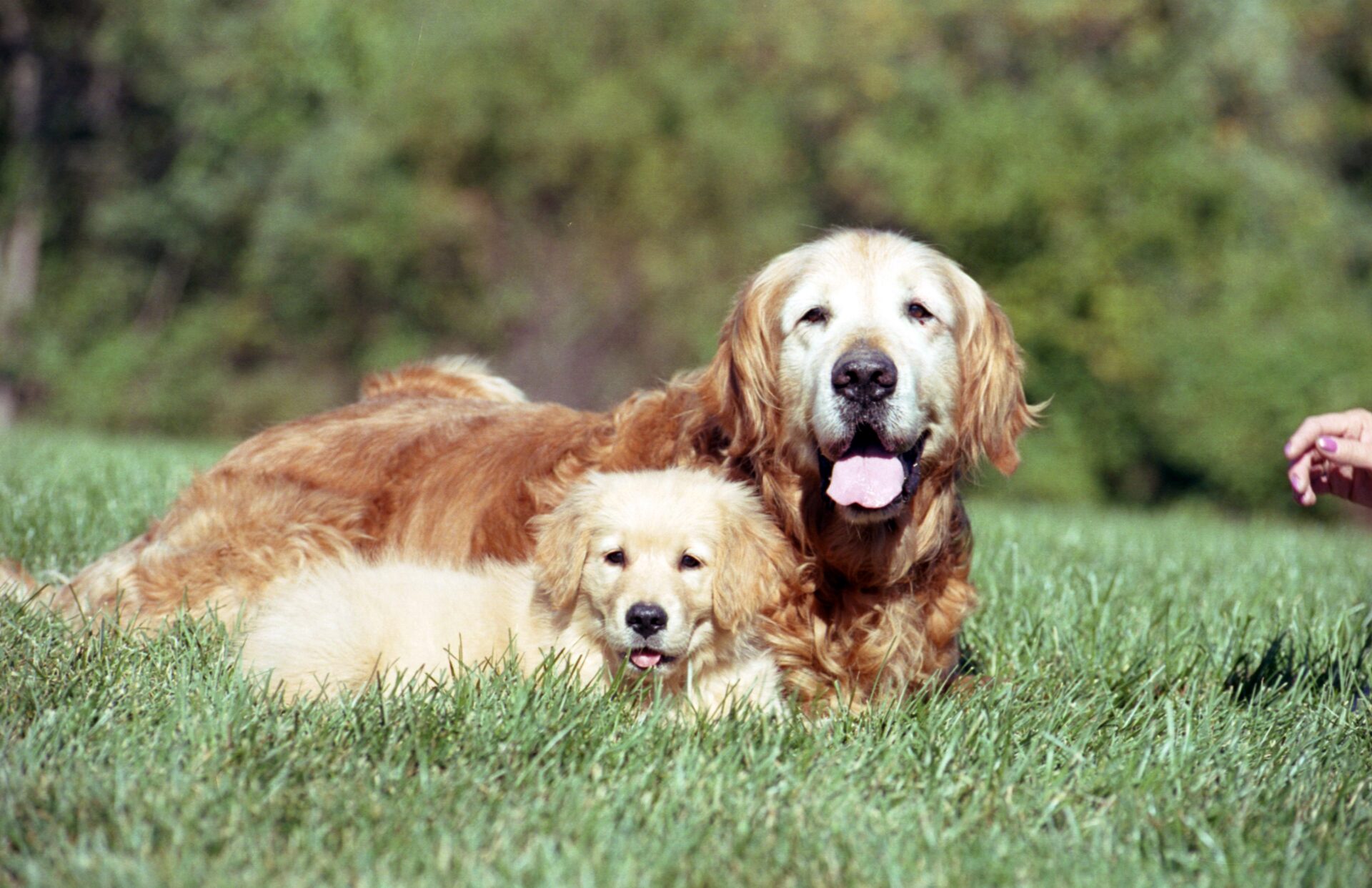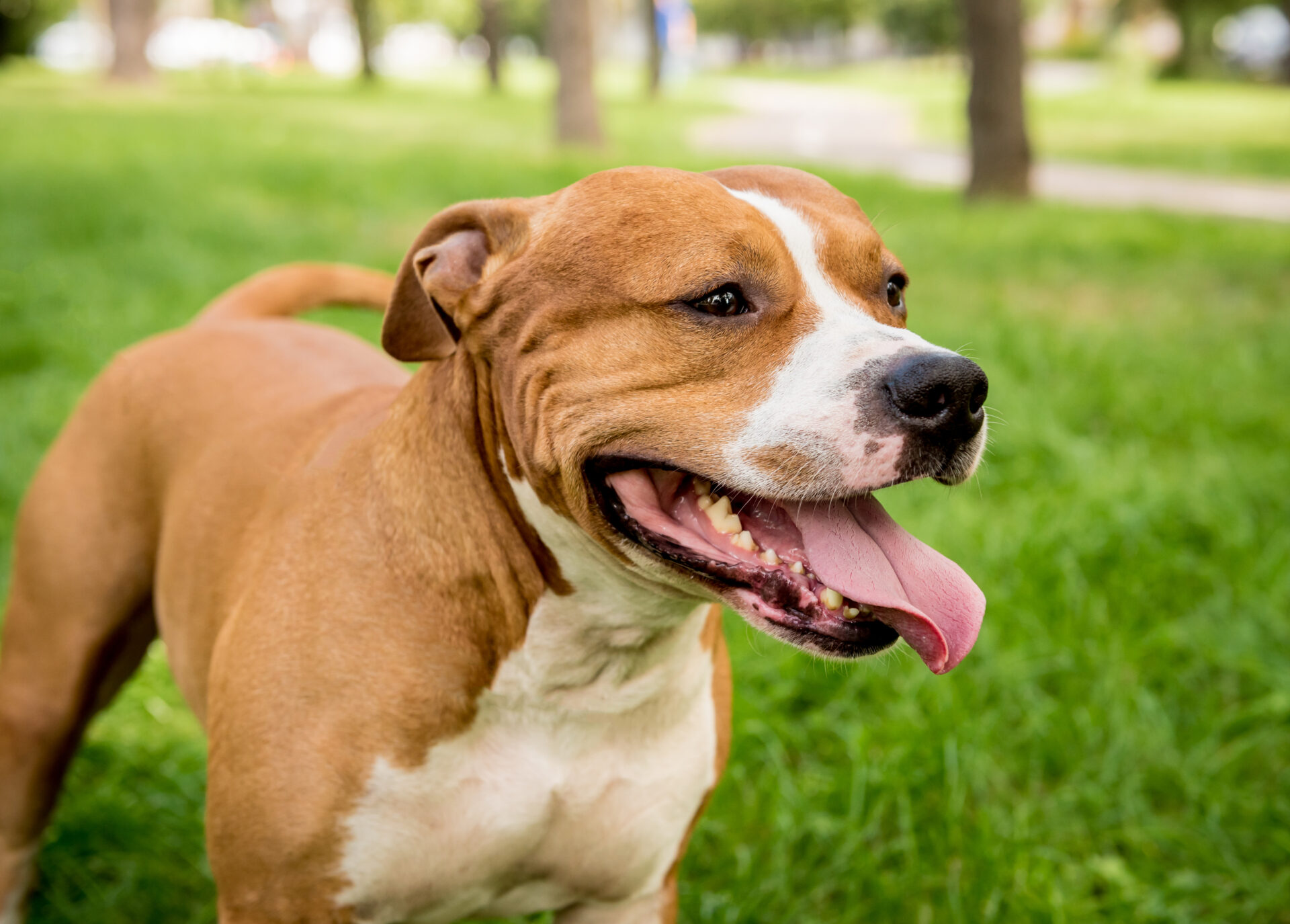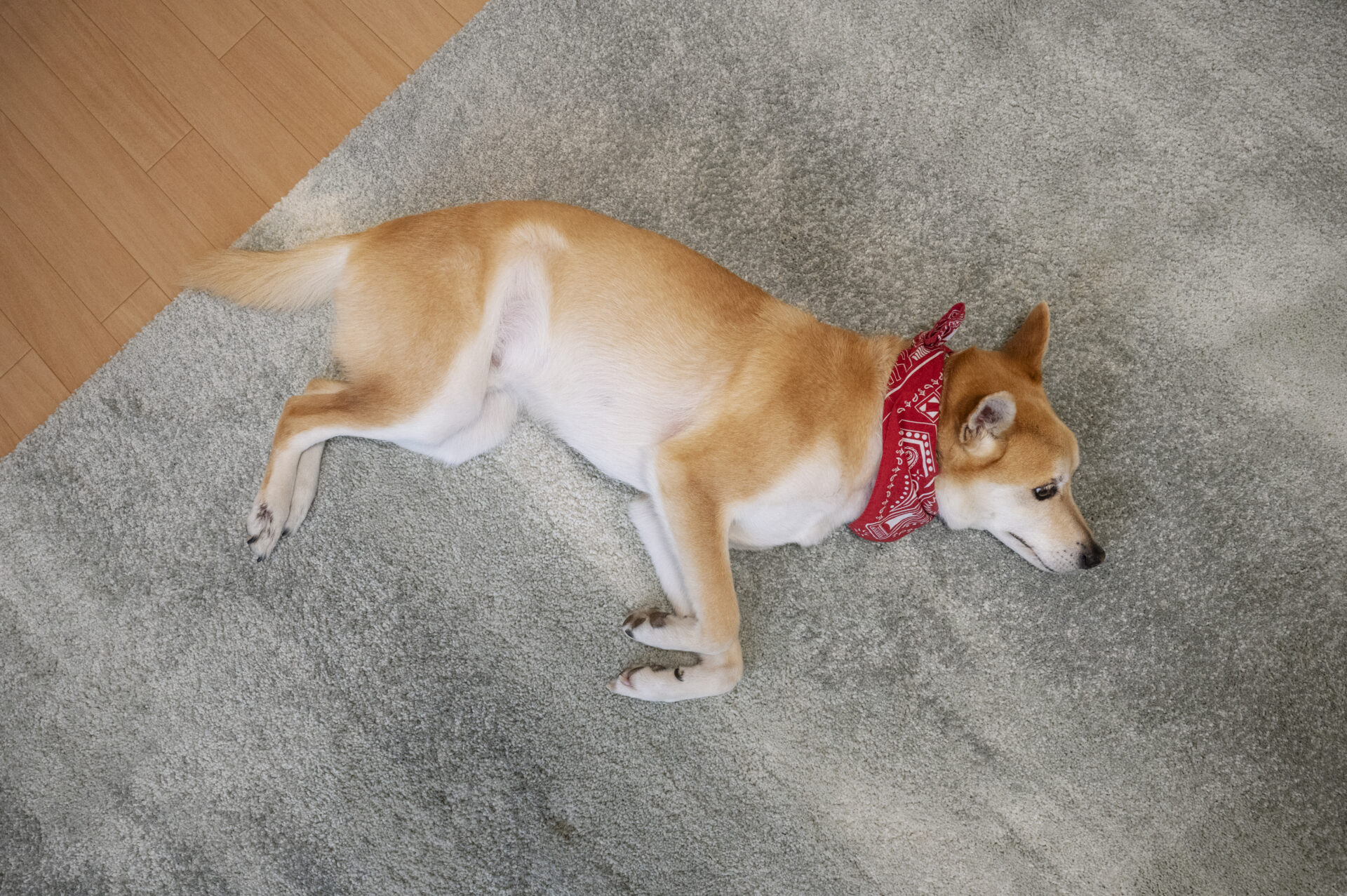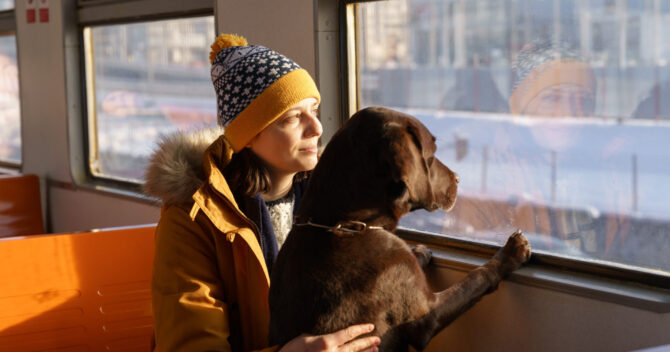What determines the length of the puppy period?
The answer to the question of what factors affect the length of the stage to which a dog is a puppy is not simple. This is an individual matter, because each quadruped develops differently. While small dog breeds grow up quite quickly at around 8 months, some large dog breeds don't reach physical maturity until the age of two. Differences in the development of puppies appear not only depending on the size, but also depending on the breed. For example, Cocker Spaniel puppies open their eyes earlier than Fox Terrier puppies, and Old English Sheepdog puppies develop their teeth much later than in Basenjis.
The first few months in a dog's life are the most exciting stage. It grows and develops quickly and has so much to learn and discover. Puppy period is crucial for its development. In it, the four-legged friend gathers, among other things, the first experience in communing with other animals and people, and also goes through many developmental processes. In addition, the experiences of this period have a significant impact on his subsequent behavior. So it's worth using this time properly to prepare your dog for the rest of his life.
Until when is a dog a puppy? Stages
The neonatal period
Regardless of the breed, all dogs are completely dependent on their mother immediately after birth. A puppy is born blind, deaf and toothless. He sleeps most of the time, and his main activity is suckling milk, rich in substances that help protect him against infectious diseases in the first weeks of life. At this stage, the puppy is not yet able to regulate its own body temperature or empty its bladder. The mother stimulates urination. This is a short neonatal period, usually lasting two weeks, followed by many significant changes. The puppy opens its eyes, hears, stands, walks and wags its tail. The third week is a time of rapid physical and sensory development. The puppy gains some independence from its mother and starts playing with its siblings. He explores the surroundings with curiosity, sniffs, growls and barks. After about 5 weeks he has fully developed milk teeth. It leaves the nest on its own to urinate and defecate.
Dog socialization period
The next stage in a puppy's life is very intense. The moment of increased sensitivity to external stimuli, social relationships, building new relationships and getting to know the environment begins. Around week 8, the puppy is completely weaned from its mother's milk and is generally moved to a new home. From that moment, the new guardian must take care of the proper development of the dog, both in the physical and mental sphere. The charge has a lot to learn before the puppy period ends.
It's worth knowing until when a dog is a puppy!
Of course, the transformation of a puppy into a young dog does not happen overnight. This is a process that takes a certain amount of time and is not exactly the same for all dogs. It is usually assumed that the puppy period of a four-legged friend ends between 16 and 18 weeks of age. It is true, however, that large breed dogs develop more slowly, both physically and mentally, so their puppyhood lasts a little longer.
It is estimated that in the case of medium breed dogs (11-25 kg) the puppy period lasts about 12 months, for large breed dogs (26-44 kg) about 15 months, and for representatives of giant breeds (over 45 kg) from 18 to 24 months. The puppy phase in very small breeds (up to 4 kg) lasts approximately 8 months, and in small breeds (5-10 kg) approximately 10 months. In addition, the end of the puppy phase heralds the progressive development of motor coordination, which begins to resemble the motor skills of an adult dog to a greater extent. There is also an increase in exploratory behavior. The dog becomes more curious, self-confident and fights for its independence. It is worth noting that during this period (usually at the age of 5 months) the replacement of teeth begins, which is also a sign that the puppy period is slowly but surely coming to an end.
Why should you make the most of your puppy's time as a puppy?
The better the guardian manages to respond to the specific needs of the dog in a given stage of development, the easier future everyday life with a four-legged roommate will be. Since the phase in which a dog is a puppy is very short, this period should be used skillfully, especially in the sphere of building bonds, trust, understanding and clear communication. It is best to spend this time on proper socialization, conscious setting of rules and consistent adherence to them. It should be remembered that all decisions and actions taken by the guardian in the context of raising a puppy, both good and bad, affect the dog's experience and will certainly be reflected in specific behavior in the future.
Maybe you'll like it:



